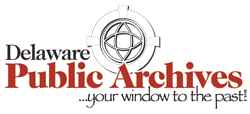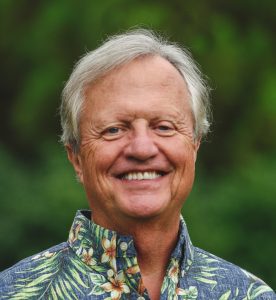The Archives is closed today. Normal business hours will resume tomorrow, February 24. More Info

On Saturday, July 6, at 10:30 a.m. the Delaware Public Archives will celebrate the 50th anniversary of the Landing on the Moon with a program at the Archives by former NASA engineer Jack Clemons. Focusing on his experiences working at the National Aeronautics and Space Administration, Clemons will provide an insider’s view of NASA’s Apollo Moon Program while offering an informative and entertaining account of life as a young engineer working on the greatest adventure of our times. The presentation will feature vintage photographs and anecdotes drawn from his time as a lead engineer supporting the Apollo astronauts during their return flight from the Moon. He’ll also share some little known stories about the people and teamwork that saved both the Apollo 12 and Apollo 13 missions from near disaster.

Jack Clemons is a professional writer and consultant as well as a speaker and presenter on NASA’s space programs. He has bachelor’s and master’s degrees in aerospace engineering and was formerly a Senior Vice President of Engineering for Lockheed Martin. Earlier in his career, he was an engineering team leader for NASA’s Apollo Program and senior engineering software manager for the NASA Space Shuttle Program. He appeared in the “Command Module” segment of Moon Machines, the Discovery Science Channel’s award-winning six-part documentary about the Apollo Program.
Clemons’ works of fiction earned him a 2018 Established Artist Fellowship for Literary Fiction by the Delaware Division of the Arts and membership in the Science Fiction and Fantasy Writers of America. His non-fiction book Safely to Earth: The Men and Women Who Brought the Astronauts Home, a memoir of his time on NASA’s Apollo and Space Shuttle programs, was published by University Press of Florida in September 2018.
The program is free to the public and will last approximately one hour. No reservations are required. For more information, contact Tom Summers (302) 744-5047 or e-mail thomas.summers@delaware.gov